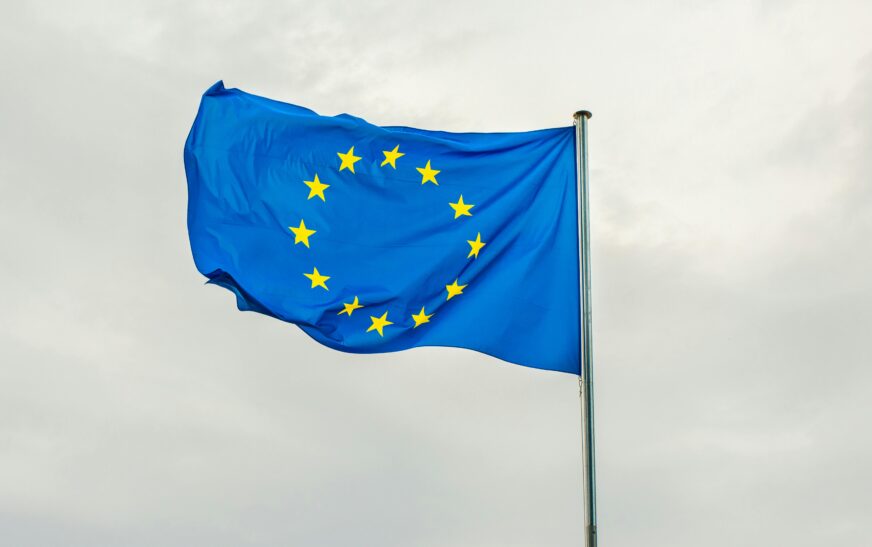More expenses await African nationals seeking visas to enter the European Union as the EU plans to increase visa fees starting Tuesday, according to Schengen visa statistics released on Saturday.
The report stated that starting from Tuesday, African nationals would pay €90 instead of €80 for a Schengen visa application. This increase in fees adds to the financial burden already faced by many applicants from the continent.
Financial Impact of Visa Rejections
The EU has reportedly earned €3.4 million from rejected Schengen visa applications submitted by Nigerian citizens alone. In 2023, African nationals received 704,000 negative responses for their visa requests. This translates to a staggering €56.3 million in non-refundable visa application fees.
A significant portion of the rejected visa applications and associated costs come from African countries. These fees, often referred to as ‘reverse remittances,’ benefit no one but the EU countries, highlighting the economic disparity faced by applicants from Africa.
“African nationals spent €56.3 million in visa application fees in 2023, representing 43 percent of all expenses; rejection rates in 2023 were especially high for African and Asian countries, which bear 90 percent of all expenses. Expenditures are to increase by 12.5 percent starting next week as the EU raises visa fees for adults from €80 to €90 on 11 June, following a recent decision by the EU Commission,” the report added.
Countries Most Affected by Visa Rejections
Algeria was the country of origin for most rejected applications in 2023, representing 23.5 percent of the total amount spent on rejected applications. The country also had the second-highest number of rejected applications overall, with 289,000 out of 704,000 requests being denied, accounting for 42.3 percent of all applications.
Moroccans, who were the top visa applicants from Africa for the year, faced the highest number of rejections. A total of 437,000 visa requests filed by Moroccans were rejected in 2023, representing 62 percent of the total. These rejections resulted in Moroccans spending €10.9 million on visa applications that were ultimately denied.
The report noted that these financial burdens are especially significant given that many African countries have some of the lowest wages in the world. The amount of Africans rejected visas constitutes 43.1 percent of the total amount generated by rejected applications in 2023.
Rising Trend in Visa Rejections
A recent study by EU Observer revealed that Schengen visa rejections generated €130 million in 2023, up from €105 million in the previous year. This trend highlights the increasing expenses and rejection rates for Schengen visa applications.
Marta Foresti, the founder of LAGO Collective, commented on the issue, stating, “Visa inequality has very tangible consequences and the world’s poorest pay the price. You can think of the costs of rejected visas as ‘reverse remittances,’ money flowing from poor to rich countries. We never hear about these costs when discussing aid or migration; it is time to change that.”
The significant financial implications of visa rejections emphasize the need for a more equitable and transparent visa application process, particularly for applicants from economically disadvantaged regions.
For more details, visit the original source of this report on PUNCH.
Author: Anozie Egole Anozie Egole is a Chief Correspondent with PUNCH. He has over 13 years of experience covering the entertainment, maritime, and transport sectors.











